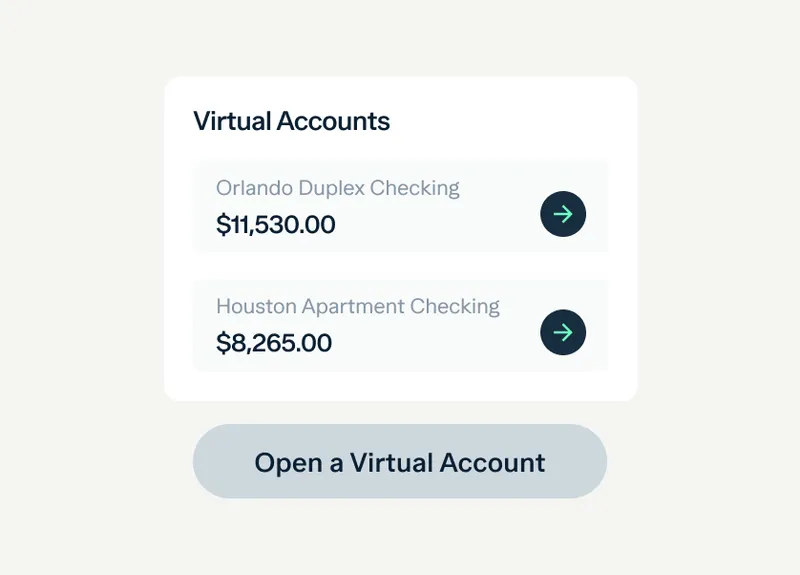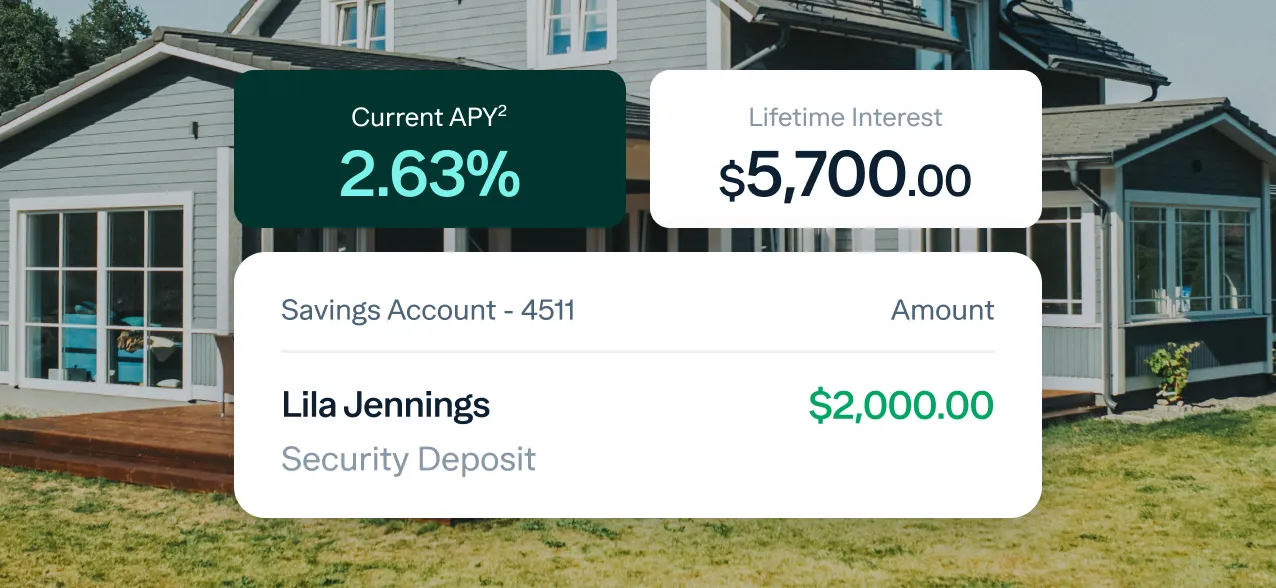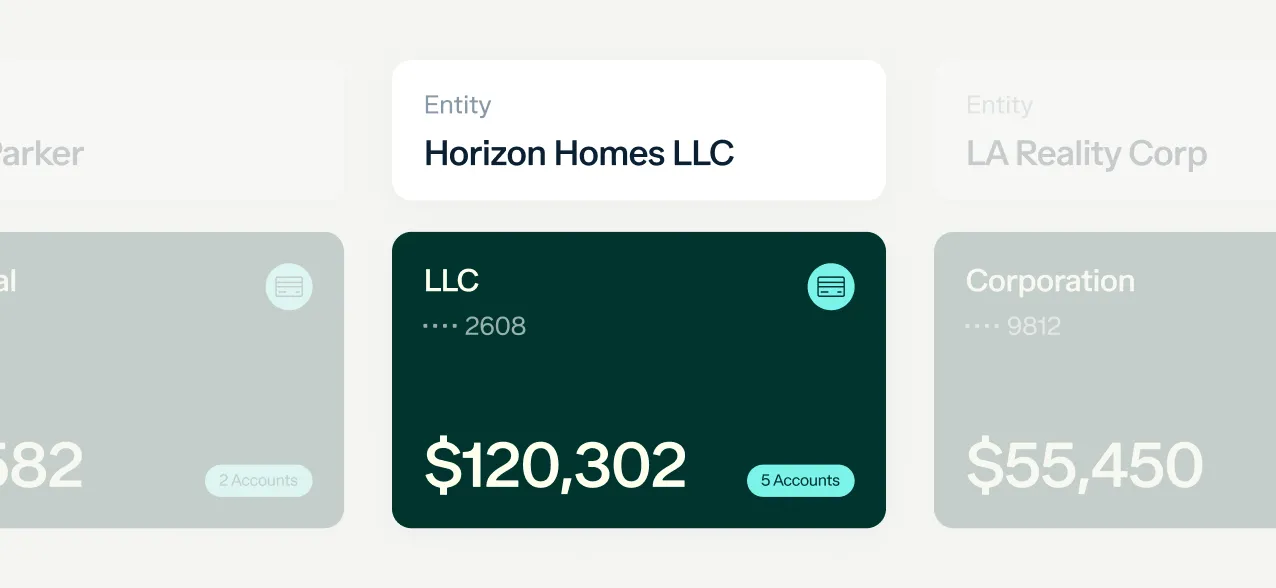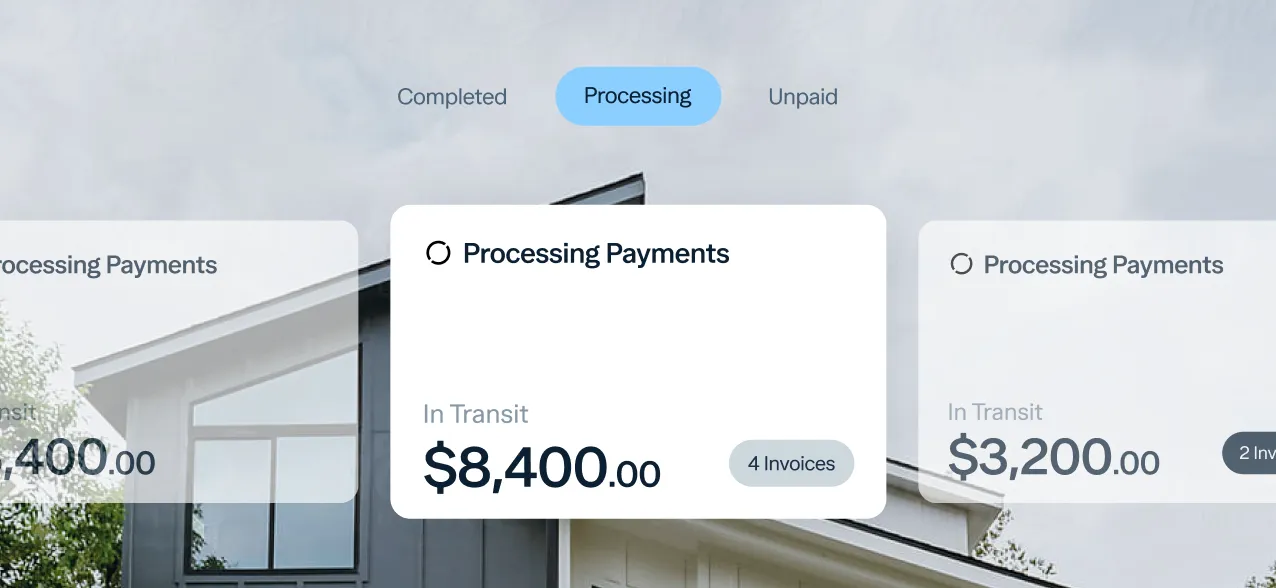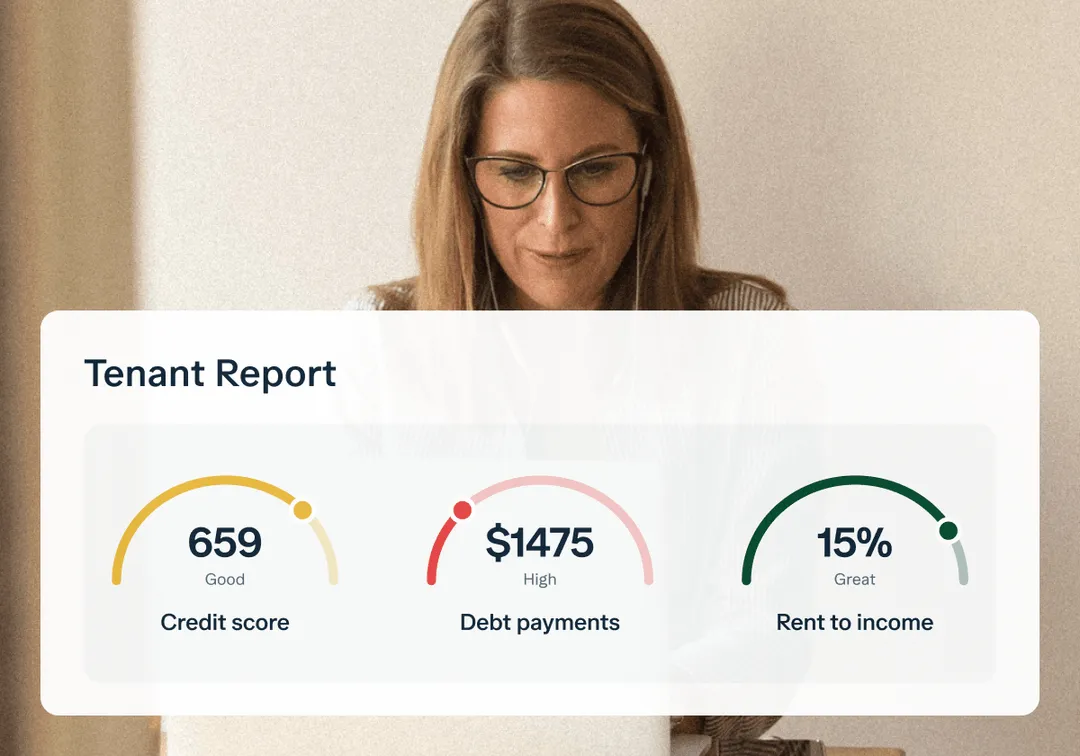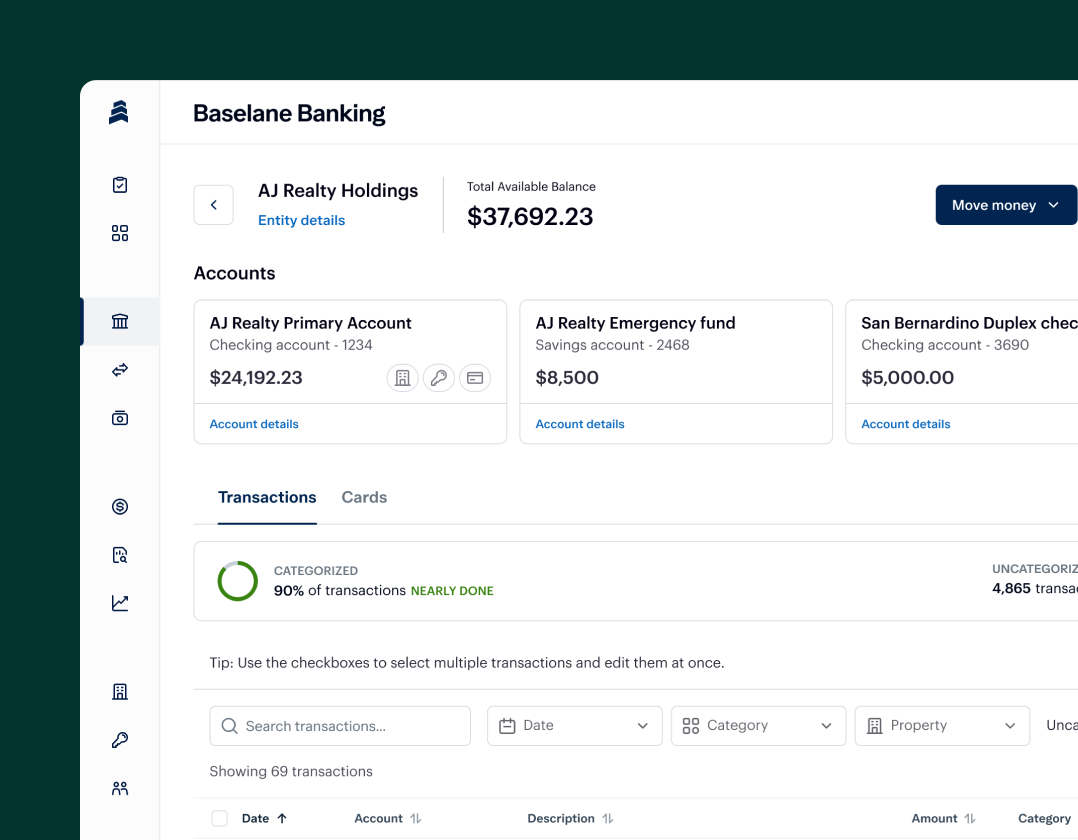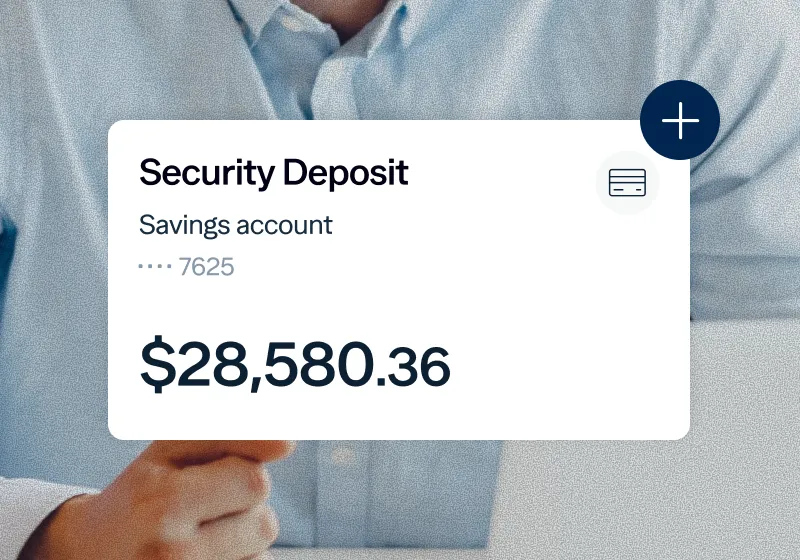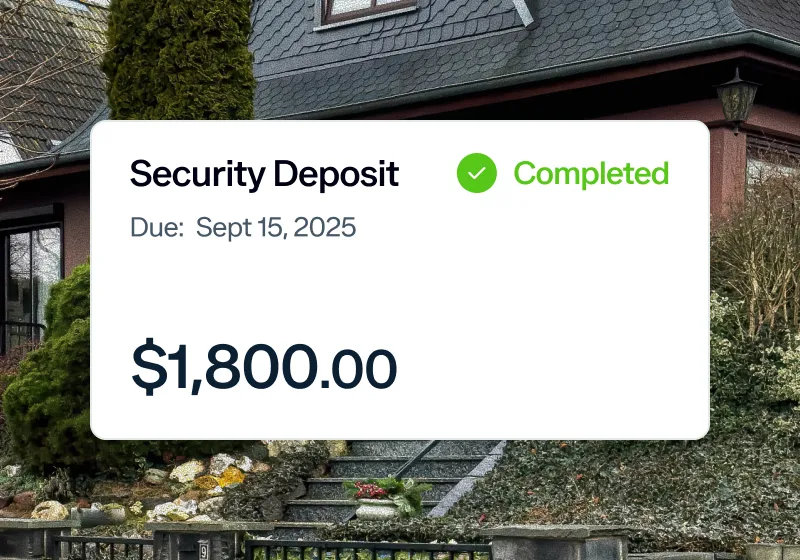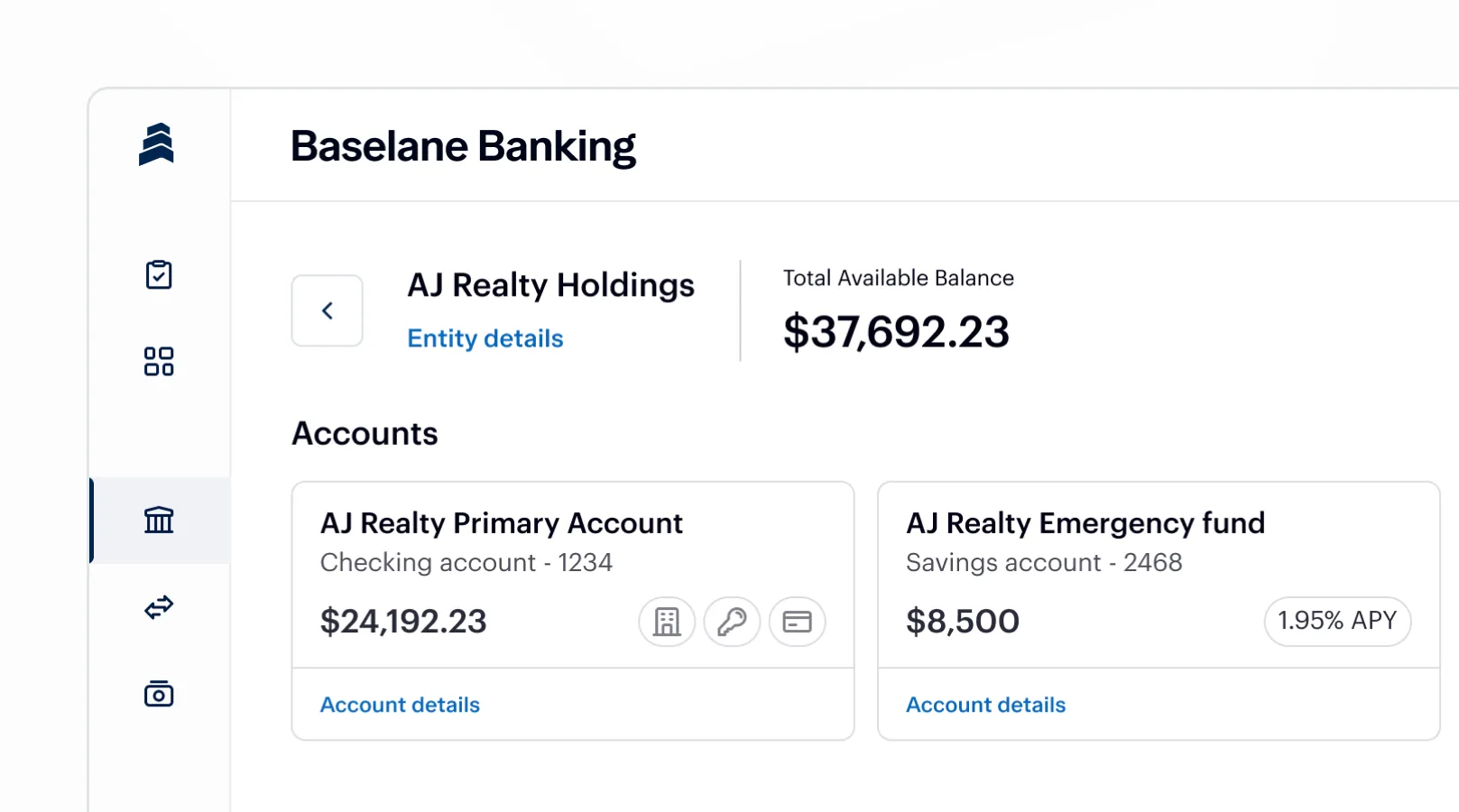In Michigan, landlords may charge up to one and a half months’ rent as a tenant security deposit. The deposit must be returned within 30 days after the tenant moves out, accompanied by an itemized list of any deductions for unpaid rent or damages. Tenants must provide a forwarding address within four days of moving out to receive the deposit or notice of deductions.
Security deposit rules in {{ state }}
Limit: In Michigan, landlords may collect a tenant security deposit of up to one and a half months’ rent, regardless of the tenant’s credit history, rental record, or whether pets are allowed. Any amount exceeding this limit is prohibited under Michigan law. The tenant deposit amount must be clearly stated in the lease agreement, and landlords are required to manage these funds properly through a security deposit bank account in Michigan to comply with state regulations.
Return Deadline: The landlord must return the tenant security deposit, or provide an itemized list of deductions, within 30 days after the tenant moves out. Tenants must provide a forwarding address in writing within four days of vacating the property to be eligible for a refund. Failure to return the tenant deposit or provide an itemized list within 30 days can make the landlord liable for double the amount wrongfully withheld.
Acceptable Deductions: The tenant security deposit may be used to cover unpaid rent, late fees, damage beyond normal wear and tear, and unpaid utility bills. The landlord must provide an itemized statement detailing each deduction and its cost, along with receipts or estimates, when returning the remaining balance of the tenant deposit.
Where to Deposit: Michigan law requires landlords to hold all tenant deposits in a regulated financial institution located in the state. The funds must be kept in a separate account that is not commingled with the landlord’s personal or business accounts. Landlords must also provide the tenant with written notice of the name and address of the bank where the deposit is held within 14 days of receiving it. Although no specific security deposit interest rate is required, maintaining a security deposit escrow account in Michigan or a landlord tenant security deposit bank account in Michigan ensures compliance, protects tenant funds, and promotes transparent record-keeping.














